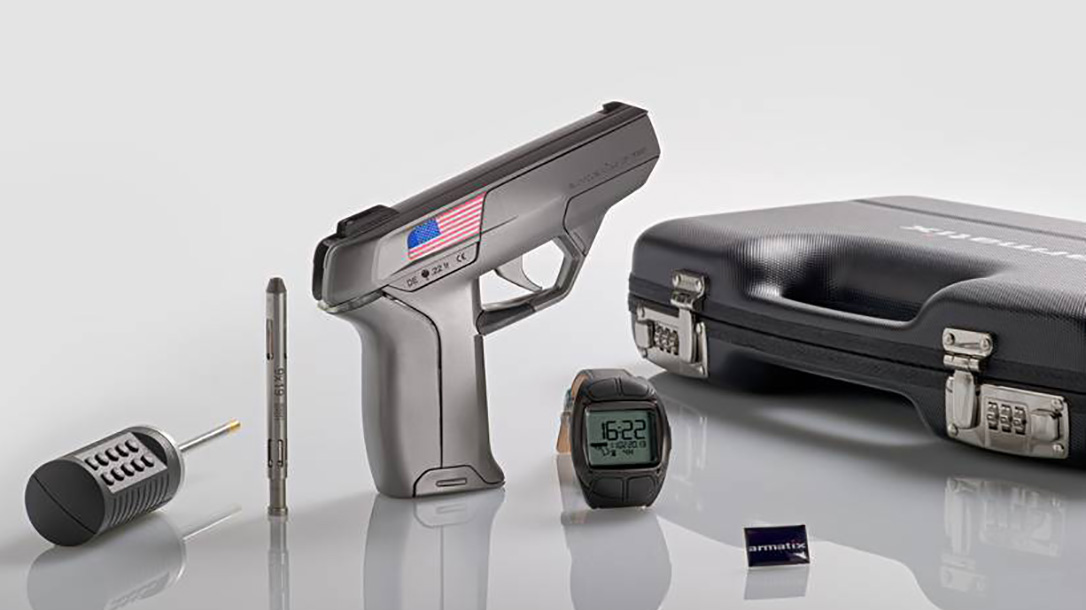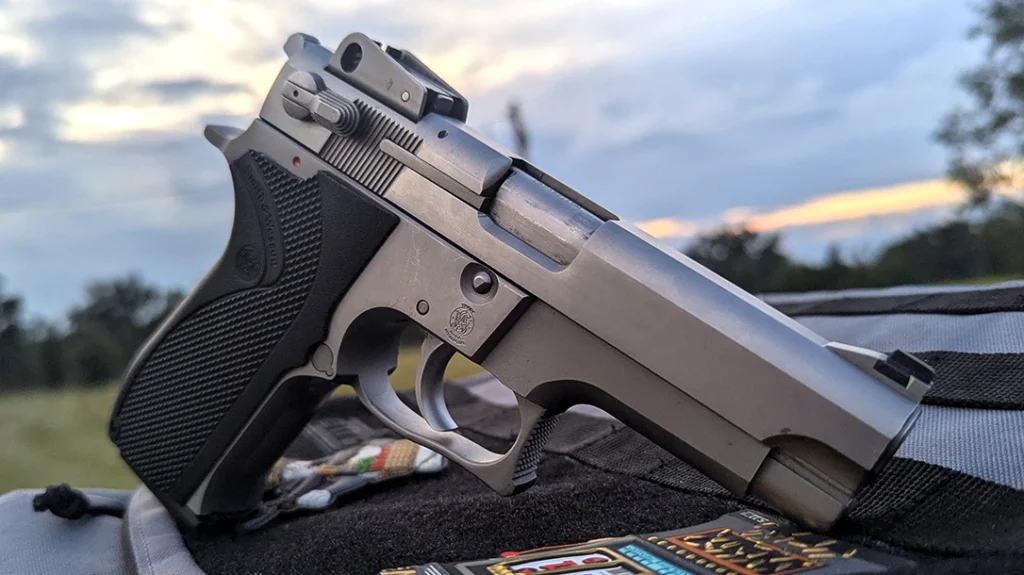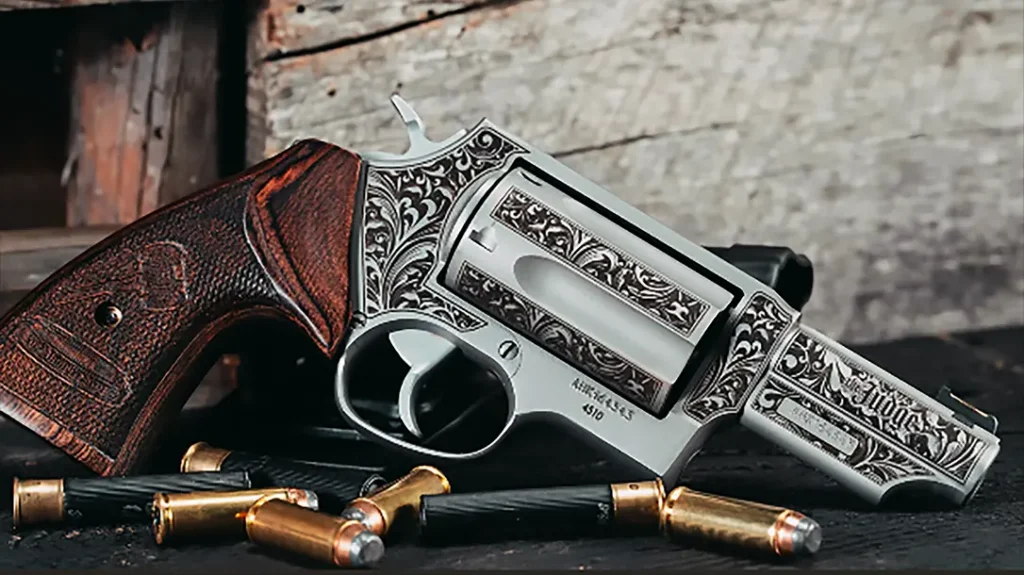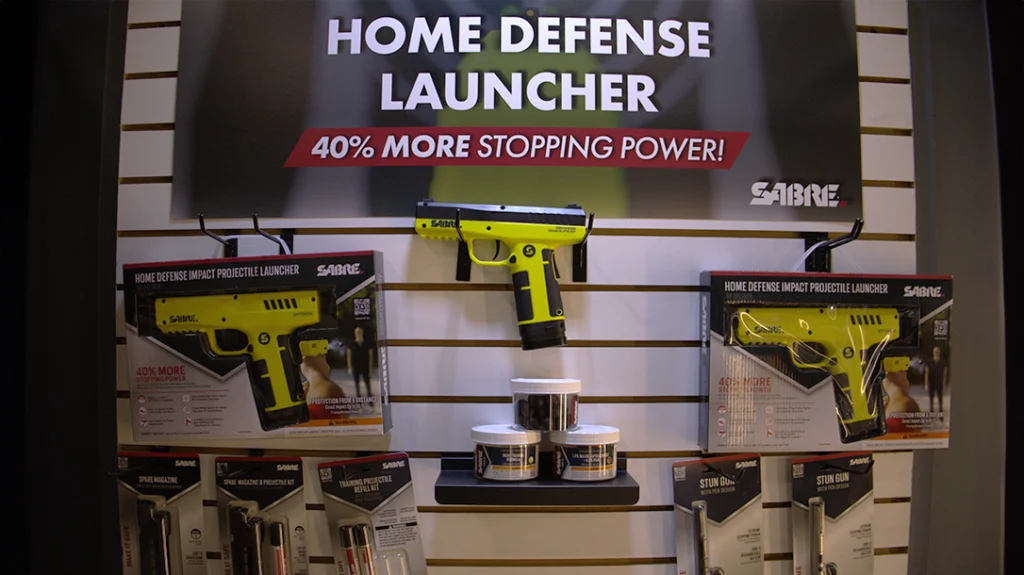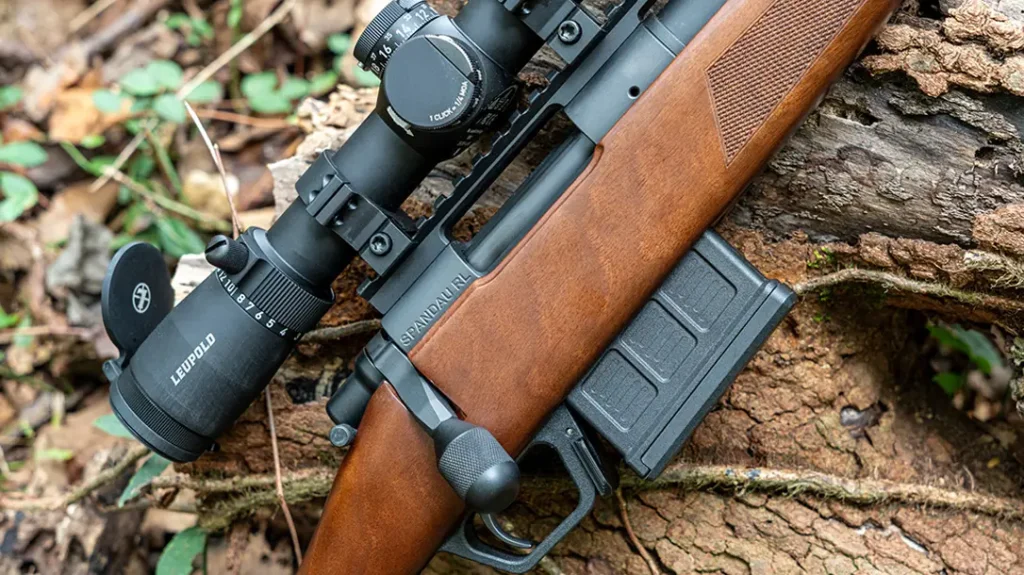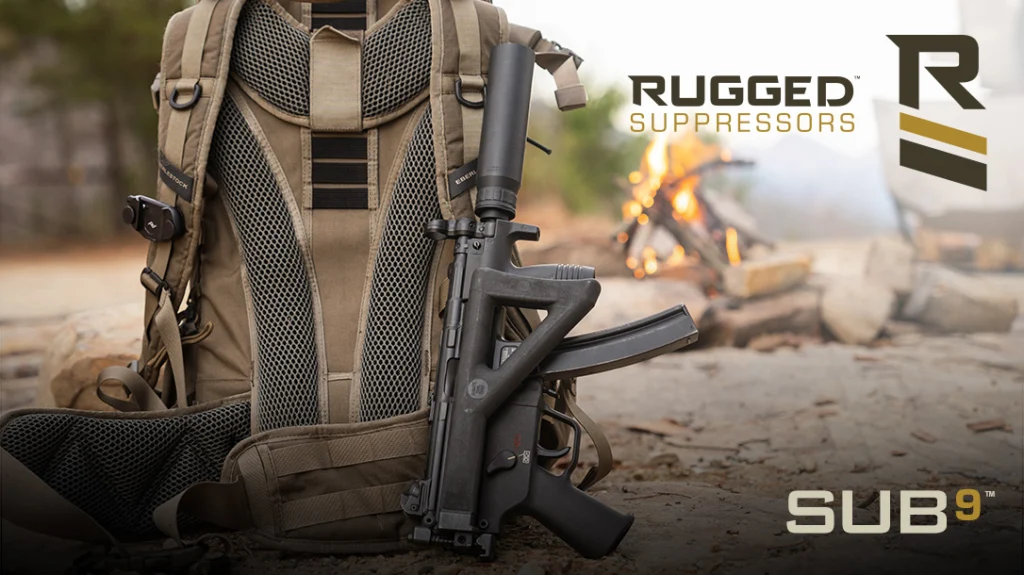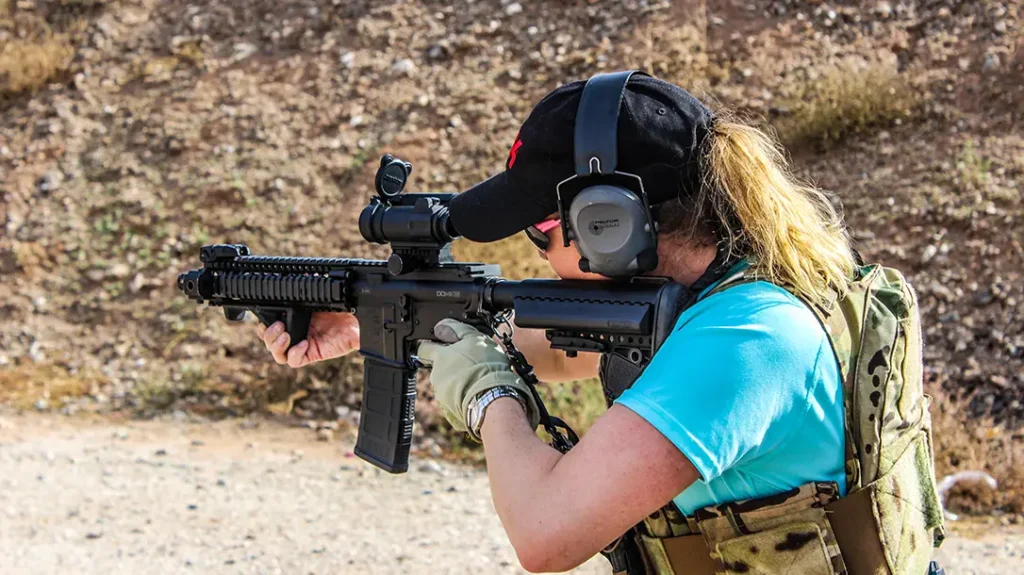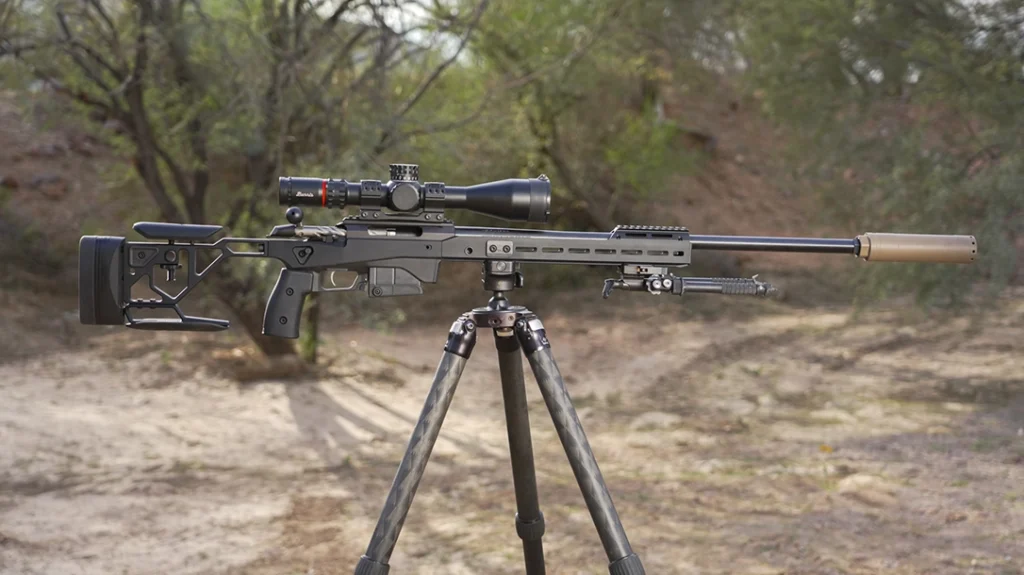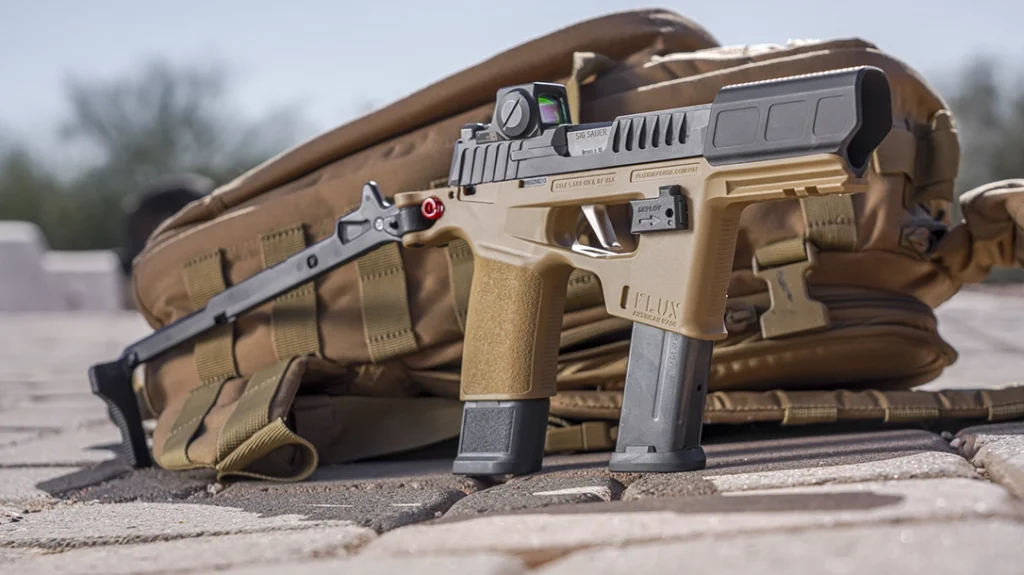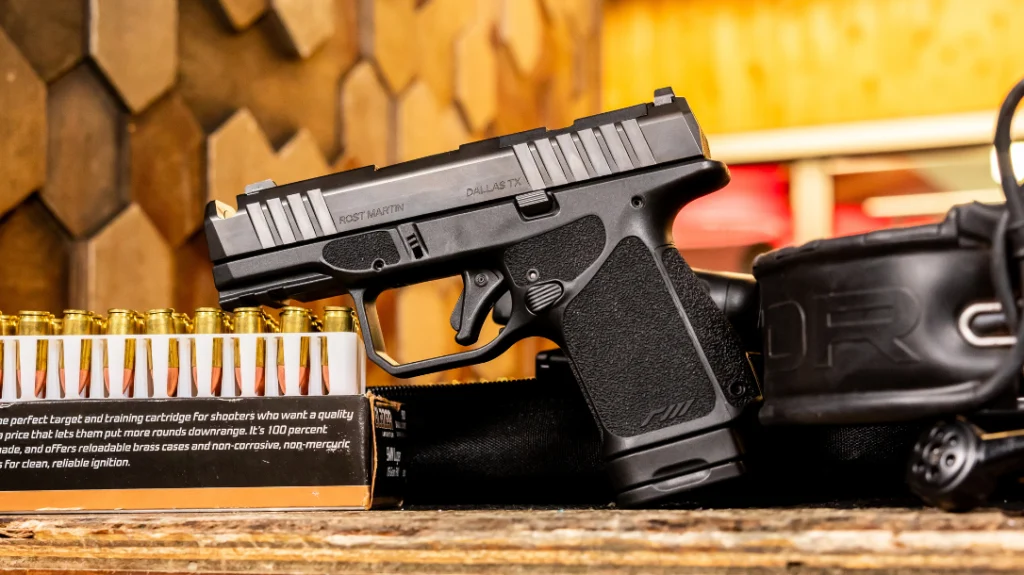A new smart gun company says its pistol will serve as the gateway to mass acceptance of smart guns in the United States.
According to The Trace, LodeStar Firearms based out of Philadelphia is in development on a smart gun chambered in 9mm and featuring radio frequency identification (RFID) tech which will ward off hackers. The MSRP on the gun will be about $750 and the goal is to have it available in 2019. The pistol is designed by Ernst Mauch, a former Heckler & Koch engineer who previously worked for Armatix but left after disagreeing with the way that company developed and marketed its iP1 pistol.
Advertisement — Continue Reading Below
The already-controversial iP1 came under intense criticism last year when a hacker demonstrated that he was able to bypass the security system of the gun—which involves firing when paired with an accompanying RFID wrist watch—to make it fire a number of different ways, including using $15 worth of magnets.
That won’t happen with LodeStar’s gun, says CEO Gareth Glaser.
The smart gun will have a non-magnetic lock and fire only when it’s within three or four inches of a chip, which would make it harder for the gun to be interfered with, Glaser claims.
Advertisement — Continue Reading Below
In an interview with NBC Philadelphia, Glaser refers to the chip as a “token” which would be placed in a watch, or “a ring, in a bracelet, or quite possibly implanted right here between your thumb and forefinger,” Glaser said.
The LodeStar gun has the advantage over the iP1 due to its “stopping power and better pricing,” Glaser told The Trace. The iP1 is chambered in .22 LR and was priced at nearly $1,800 when you combined the base gun and the RFID watch. As we said up top, the LodeStar is chambered in 9mm and will be available for about $750.
Engineers’ renderings of the LodeStar smart gun resemble traditional Glock and Heckler & Koch models, as opposed to the overly-futuristic design of the iP1, The Trace reported.
Advertisement — Continue Reading Below
“It’s very straightforward,” Glaser said.
Glaser told Main Line Suburban Life that he wants to market the gun to law enforcement first, similar to how Glock became successful in the United States.
“It’s really important that Americans trust the reliability of this gun and we believe if a major city police department or law enforcement organization adopts these guns it will go a long way toward acceptance,” Glaser said, noting that his company has met with NYPD and Seattle Police Department officials.
Advertisement — Continue Reading Below
After that, he wants to go after homeowners.
“That’s our target market,” Glaser said. “We will go to homeowners and say, ‘The one gun you keep for home defense, make that a smart gun. It’s a safer choice.’”
Glaser cites the infamous New Jersey Childproof Handgun Law—which mandates when smart guns are commercially available in any state, only guns with that technology can be sold in the state—as a major reason why smart guns haven’t been accepted in the United States. The law has resulted in boycotts to prevent it from going into effect, The Trace said.
Advertisement — Continue Reading Below
But a current law proposed in New Jersey says that when smart guns become available, “all gun stores must carry at least one,” which Glaser claims is much more reasonable.
If the law passes, Glaser hopes his company will be well-positioned to capitalize on the smart gun market. It’ll be interesting to see how that shakes out.
